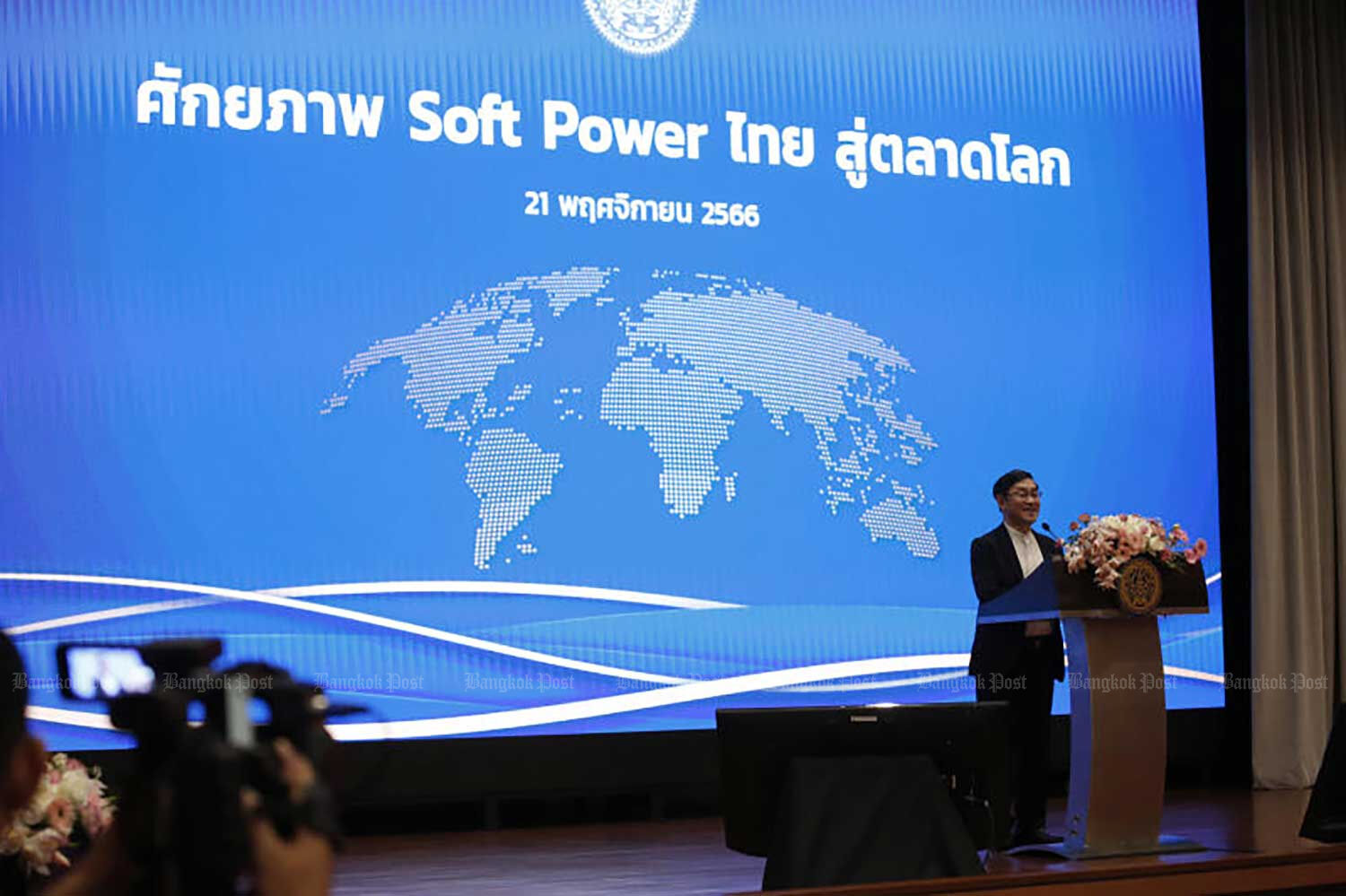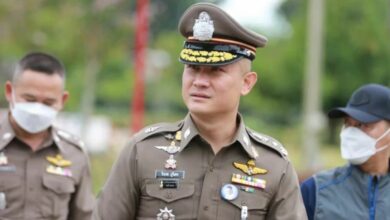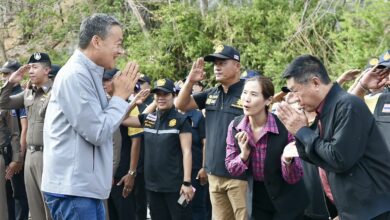Thailand’s soft power strategy under fire: Experts advocate for creative economy

The Srettha Thavisin administration’s strategy of bolstering the economy through soft power is under scrutiny, as experts at a recent seminar suggested the concept is impractical and unclear. Seksan Anantasirikiat, Advertising Director at the Korean Association of Thai Studies (KATS), recommended a shift in focus towards promoting Thailand’s creative economy. The government, he suggested, should rebrand its strategy to reflect the national values of Thai people, businesses, and cultural products.
The National Soft Power Strategy Committee, chaired by Srettha and deputy chaired by Paetongtarn “Ung-Ing” Shinawatra, aims to implement the government’s soft power vision. Seksan’s critique came during a seminar discussing Korea’s successful experience in promoting soft power, which could potentially inspire similar strategies between the Korean Creative Content Agency (KOCCA) and the Thailand Creative Content Agency (THACCA). The South Korean Embassy organised the seminar.
Seksan attributed Korea’s success in promoting soft power to an understanding of target audiences and their preferred platforms. He stressed the importance of distinguishing between power and popularity, as the former implies a unique significance, while the latter is more about preferences and respect. He noted that Korean cultural products, such as films and games, gained popularity when Hong Kong and Japanese media dominated in the late 90s to early 2000s. Korean films like Daejangguem and games like Ragnarok Online were popular among Thai audiences, reported Bangkok Post.
The Korean government’s strategy was to let the private sector lead the charge but offer financial support. KOCCA was instrumental in promoting Korean soft power. Seksan urged the Thai government to similarly support its private sector and develop its creative economy. He cited culture, knowledge promotion, and adaptive policies as three key aspects of Korea’s public diplomacy.
Seksan proposed a Thailand-ROK (Republic of Korea) cooperation initiative for the creative economy, akin to the collaborative efforts of Thai and Korean directors on the movie Medium. This partnership, he believes, could strengthen Thailand’s creative economy by learning from ROK. He even suggested a broader Asean-ROK centre to make the creative economy a new regional growth engine.
Saowaruj Rattanakhamfu, Research Director for Innovation Policy for Sustainable Development at the Thailand Development Research Institute (TDRI), also weighed in on the debate. She noted that Thailand’s soft power evolution has mainly focused on culture and heritage. However, to become a soft power superpower, she believes Thailand needs to broaden its scope to include science, international relations, governance, business and trade, people and values, education, and media and communication.
Saowaruj emphasised the need for Thailand’s creative economy to go beyond traditional culture and heritage. It should modernise these elements and forge stronger ties with regional and global markets. She also stressed the importance of integrating technology into this process to foster creativity within the workforce and equip them with technological skills.








